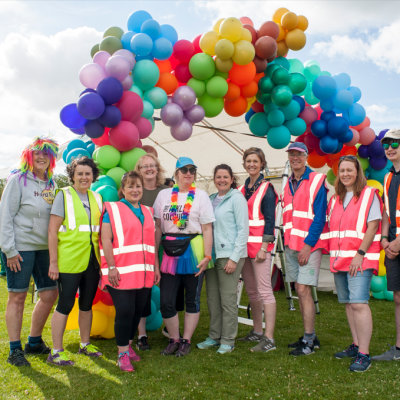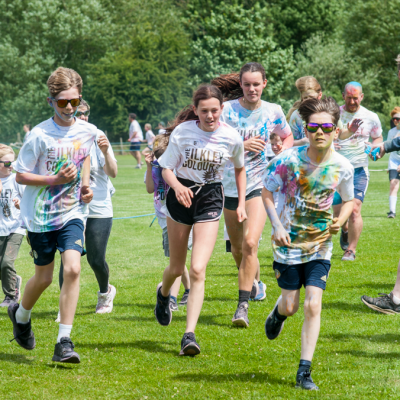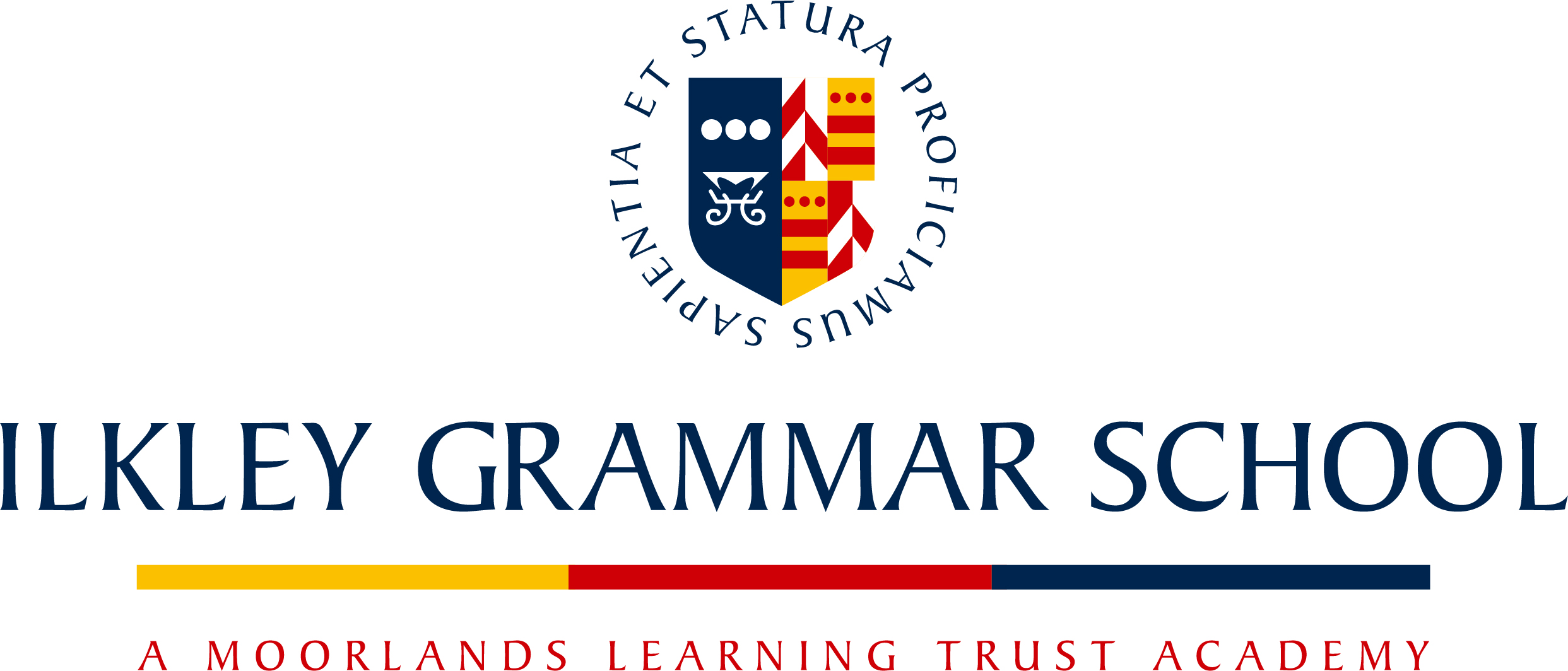PSYCHOLOGY
Through the scientific study of the mind and behaviour students will gain powerful knowledge into the multiple causes for human behaviour and therefore be able to encounter those around them with respect, Kindness and without judgement.
They will gain this powerful knowledge through:
- Gaining an in-depth evidence-based understanding of the mind and behaviour so that their own misconceptions and those of others can be challenged. Through this knowledge students develop kindness and respect for the differences between individuals.
- A clear teaching structure where key knowledge is revisited regularly both within a teaching cycle and across the course building resilience.
- Developing sophisticated skills in evaluation and commentary through the critical analysis of psychological theories and studies.
- Developing curiosity and an enquiring mind whereby students can question the validity of psychology research.
- Exposure to the best of what has been thought and said in psychological theory and research, including gaining powerful knowledge of the most recent research and the explicit teaching of subject specific vocabulary.
- The explicit teaching of cognitive science and memory strategies at the very start of the course so that students develop resilience and responsibility for their own learning both within psychology and across all subject areas.
- Gaining knowledge of how ill mental health is measured, explained and treated and so being able to recognise ill health in themselves and others. This will enable to treat themselves and others with kindness and respect as well as having the courage to seek and ask for help.
- Gain powerful knowledge in data analysis and the research process in order to be able to carry out high quality, well controlled research; be it in further education, apprenticeships or the world of work.
- Making explicit links throughout different areas of the curriculum to ambitious endpoints in future careers in Psychology.
Further information:
|
|
What new knowledge/content do we introduce? |
|
|
Year 12 All topics are Compulsory |
Year 13 |
|
|
Autumn 1 |
Wundt and the Origins of Psychology Introduction to Approaches in Psychology Psychology as a Science Introduction to research methods – the experimental method The multistore model of memory The Working memory model |
Overview of issues and debates in Psychology (Summer Work) The Psychodynamic and Humanistic approaches Biopsychology Forensic Psychology More Research methods including the use of inferential statistics |
|
Rationale for these components |
Students need to be aware of how the principles of science underpin psychology. Students introduced to scientific terminology which are then revisited throughout course. Writing hypotheses: students find these hard to write. Introducing now gives plenty of opportunity to revisit during course. Students gain an insight into all the approaches in Psychology so that they have a better understanding of Psychology as a subject. Approaches are then revisited throughout the course in various topic areas. The memory topics is introduced early on in the course so that students can apply their understanding of memory to their own learning and revision and develop their metacognition skills |
Students will have been introduced to some of the concepts within issue and debates in year 12. The Summer work allows us to revisit the key issues and debates throughout the year 13 course. Forensic psychology is chosen due to overlaps for student studying sociology or criminology. It also allows for revisiting of the key approaches in the context of crime. It helps students understand the wider implications of crime for society and the economy. |
|
Spring |
Memory: Explanations for forgetting Memory: Eyewitness testimony Non-experimental methods: observations, correlations, Self-report techniques: interviews and questionnaires. Data analysis Social Influence: Conformity, obedience, minority influence Attachment: Types of attachment, explanations of attachment, early attachment and later relationships. |
Schizophrenia: Issues in the diagnosis and classification, Biological and psychological explanations, Biological and psychological treatments. Cognition and Development Issue and Debates in Psychology: Nature/nurture, free Will/determinism, Holism/reductionism, gender and culture bias, socially sensitive research, nomothetic/idiographic methods |
|
Rationale for these components |
Concepts from term 1 revisited in the memory topic: the experimental method, the cognitive approach (schema, reconstructive memory, real life applications). The behavioural and biological approach are revisited in the attachment topic (evolutionary theory of attachment and learning theory of attachment). Students build on their evaluation skills in the social influence topic. They learn how to apply understanding of research methods to attachment, Social influence and memory topics. |
Schizophrenia: This is chosen due to the misconceptions and lack of understanding surrounding the disorder. It builds on Knowledge from the Psychopathology topic in year 12 and allows for retrieval practice of the key approaches, CBT, concordance rates. Cognition and development: chosen for those students wanting to pursue a career in teaching or working with children in a variety of settings. Understanding how a child’s thinking develops is key for these career pathways. It also allows for revisiting the cognitive approach and provides synoptic links to interactionism within the Nature/nurture debate. |
|
Summer |
Psychopathology Attachment (see rationale above) After AS exams: Independent research project |
Issues and debates in Psychology Exam skills practice |
|
Rationale for these specific components |
Students apply and develop understanding of the approaches in Psychology to explanations of mental illness. The key assumptions of the approaches are revisited and applied to explanations and treatments for Phobias, Depression and OCD. Use of key terminology is reinforced. Students complete an independent research project to develop their skills in designing, implementing analysing a psychological investigation. |
Issues and debates is a synoptic topic so key debates are revisited at the end of the course so that students can draw on the knowledge they have gained throughout the topics and understand the interaction within these debates. Students then learn how to construct well argued essay answers |
|
|
Composites |
|
|
What do students do with this knowledge? |
Students are able to explain human behaviour from different viewpoints. (linked to the 4 approaches). They can then use this knowledge to be able explain theories of attachment, memory and explanations for mental illness and apply their knowledge to a range of scenarios and exam questions. Students are able to evaluate contrasting theories using research evidence to support and refute theories. Students begin to be able to design and know how to carry out controlled psychological investigations, identify flaws in experimental and non-experimental designs and discuss strengths and limitations of different methods.
|
Students apply their understanding of the psychological approaches underpinning behaviour to a wider range of topic areas: forensic psychology, cognition and development, Biopsychology, schizophrenia. They are able to articulate the strengths and limitations of theories and research within these topic areas we greater depth and can use counterarguments in their discussions. Students can design research studies using a range of research methods. They are able to identify flaws in their own and other’s research and suggest ways of improving research. Students can select the appropriate statistical tests to use for a research study and interpret the findings of the test. |
|
|
By the end of year 12, an IGS Psychology student will: Be able understand a range of experimental and non-experimental research methods and evaluate the usefulness of these methods in a variety of contexts Be able to handle quantitative data using descriptive statistics and can draw conclusions from primary data Be able to critically analyse (uses strengths and limitations) psychological theories and research in a wide variety if topic areas Write well structured answers (both longer and shorter) to ensure logical progression of ideas. Show an awareness of the reasons behind behaviour that is ‘unusual’ or ‘different’. Have an awareness of ambitious endpoints and future career pathways the can pursue in Psychology |
By the end of year 13, an IGS Psychology student will: Be able to make informed decisions in order to design psychological research that is replicable and uses appropriate scientific conventions Has an in-depth knowledge of psychological theories and research and can confidently make links between the key approaches in psychology. Writes well structured essay answers demonstrating a high level of critical analysis of psychological research and theories. Use their understanding of the causes of human behaviour to show empathy to those around them and to interact with individuals who act ‘differently’ in a non-judgemental way. |
|
Links to previous learning |
Key Stage 4 Science: The experimental method, IV and DV, control of variables, Writing hypotheses. The biological approach: the structure and function of the nervous system and endocrine system. Maths: Percentages, ratios, measures of central tendency, correlation coefficients, presentation and interpretation of data (bar charts, scattergraphs, histograms) |
Year 12 Issues and debates: Determinism, reductionism, nature/nurture, culture and gender bias Approaches in Psychology: Behavioural, Social Learning Theory, Cognitive and Biological approaches. OCD: concordance, twin studies, Depression: CBT therapy |
|
Key vocabulary |
key terminology is listed within the topic overview power point |
key terminology is listed within the topic overview power point |
|
How is challenge embedded in the curriculum? |
Lesson power points and activities include a range of challenge activities. These are designed to challenge deeper thinking and make connections and synoptic links between topic areas |
Lesson power points and activities include a range of challenge activities. These are designed to challenge deeper thinking and make connections and synoptic links between topic areas |
|
Cultural Capital |
Students are introduced to the work of key psychologists: Wundt, Pavlov, Skinner, Watson, Loftus (TED talks) Brain Day – A workshop run by a professor of Neuroscience from Nottingham Medical School. Students gain an insight into degree level lecture-style teaching and a taste of studying neuroscience and related subjects at degree level. Tier 2 and 3 knowledge is reinforced and students are encouraged to verbalise key vocab regularly in lessons. Students are given opportunities in each topic to read and access original and recent research on Psychological topics studied |
Psychological research Project - Students design, carry out and evaluate their own research project. They are introduced to the conventions for writing academic psychological reports and the importance of peer review. Tier 2 and 3 knowledge is reinforced and students are encouraged to verbalise key vocab regularly in lessons. Students are given opportunities in each topic to read and access original and recent research on Psychological topics studied |
|
WIDER READING |
Psychology review magazine Recent British Psychological Society research: www.bps.org.uk BBC4 mind Changers podcasts We are all completely beside ourselves by Karen Fowler The Selfish Gene The Man who mistook his wife for a Hat One Flew Over the coocoo’s nest |
Psychology Review Magazine Recent British Psychological Society research: www.bps.org.uk BBC4 mind changers podcasts The Language Instinct by Stephen Pinker The Selfish Gene by Richard Dawkin Children’s Minds by Margaret Donaldson The Man who mistook his wife for a Hat, by Oliver Sacks. One Flew Over the Coocoo’s nest by Ken Kesey |















